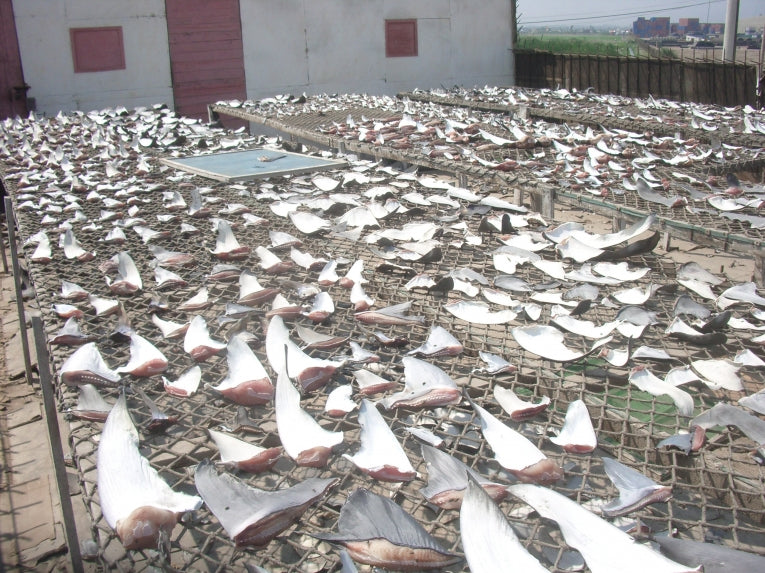The World Wildlife Fund estimates that around 73 million sharks are killed every year, mostly for their fins. The majority of the fins are taken using barbaric methods where the shark is thrown back into the ocean alive and without its fin. The sliced off fins are then used as a delicacy in soup. This cruel practice is placing significant pressures on shark populations and many species are now facing the threat of extinction.
As the pressure comes on from the western world to stop the trade in shark fins, many states and municipalities are making it illegal. A number of American states have already proposed or introduced the outlawing of trading and consuming shark fins, including Hawaii and California. Now Canada is recognising the importance of taking a stance on shark finning.
A Canadian newspaper, The Globe and Mail, reported that the city of Brantford in Ontario has now become the first North America municipality to prohibit the selling and consumption of shark fins. The Brantford City councillors voted unanimously this week to put a halt to any shark fin trade within their jurisdiction. They hope to set an example for Canada and the rest of the world to stop this notoriously offensive practice.
Whilst serving up shark fin soup in restaurants is not common in this land-locked city which has a population of less than 100,000, they have decided to take a lead in prohibiting the brutal trade. It would seem there was little opposition in the Brantford community to the proposal, unlike some of the American states where a number of people have complained that the shark fin bans are unfair and discriminatory.
Now any selling, consumption and possession of shark fins in Brantford is illegal and the next stage for the city is to agree on the penalties for anyone found violating the legislation. In a press release about the new legislation Brantford city councillor Dan McCreary said, ''If you prohibit the sale of these products, you'll prohibit the murder of these animals. Hopefully other jurisdictions will follow suit''.
Image Credit: © Copyright Oceana.










